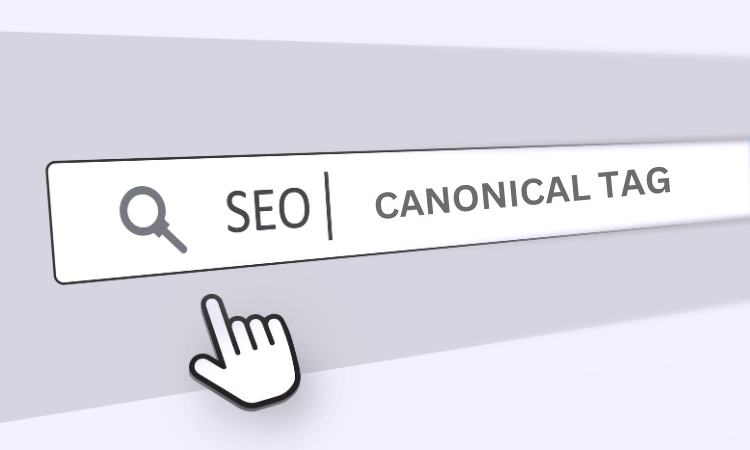
Canonical tags play a crucial role in on-page SEO by helping search engines understand the preferred version of a web page when multiple versions of that page exist. Here’s a breakdown of the role of canonical tags:
Dealing with Duplicate Content:
Issue: Duplicate content across different URLs can confuse search engines and dilute the ranking signals for a particular piece of content.
Role of Canonical Tags: Canonical tags specify the preferred or canonical version of a page, indicating which URL should be considered the primary one.
Consolidating Ranking Signals:
Issue: When identical or very similar content appears on different URLs, search engines may spread ranking signals across these variations.
Role of Canonical Tags: By using canonical tags, you consolidate the ranking signals to the preferred URL, helping search engines understand that they should attribute the authority and relevance of the content to that specific URL.
Preventing Duplicate Content Penalties:
Issue: Search engines may penalize websites for having duplicate content, considering it a tactic to manipulate search rankings.
Role of Canonical Tags: Implementing canonical tags helps prevent potential penalties by clearly indicating the preferred version and the intent to provide a better user experience rather than manipulate search results.
Handling Parameterized URLs:
Issue: E-commerce sites and dynamic websites often generate parameterized URLs for the same content, leading to multiple URLs with slight variations.
Role of Canonical Tags: Canonical tags can be used to specify the main version of the content, regardless of URL parameters, reducing the likelihood of duplicate content issues.
Managing Print and Mobile Versions:
Issue: Print-friendly or mobile versions of pages may have separate URLs, potentially causing duplication concerns.
Role of Canonical Tags: Canonical tags can be employed to indicate the primary version (e.g., desktop) as the canonical one, guiding search engines on how to treat alternative versions.
Facilitating Proper Indexation:
Issue: Without canonical tags, search engines may struggle to identify the preferred version of a page, leading to inefficient indexation.
Role of Canonical Tags: Canonical tags guide search engines in indexing the correct version of a page, streamlining the crawling and indexing process.
Implementation Tips:
Ensure that the canonical tag is correctly placed in the <head> section of the HTML code. Use absolute URLs in canonical tags for clarity. Regularly audit and update canonical tags, especially for dynamic websites.
In summary, canonical tags are a crucial tool in on-page SEO for managing duplicate content, consolidating ranking signals, and ensuring that search engines understand the preferred version of a page. Proper implementation can lead to improved search engine rankings and a more efficient crawling and indexing process.




